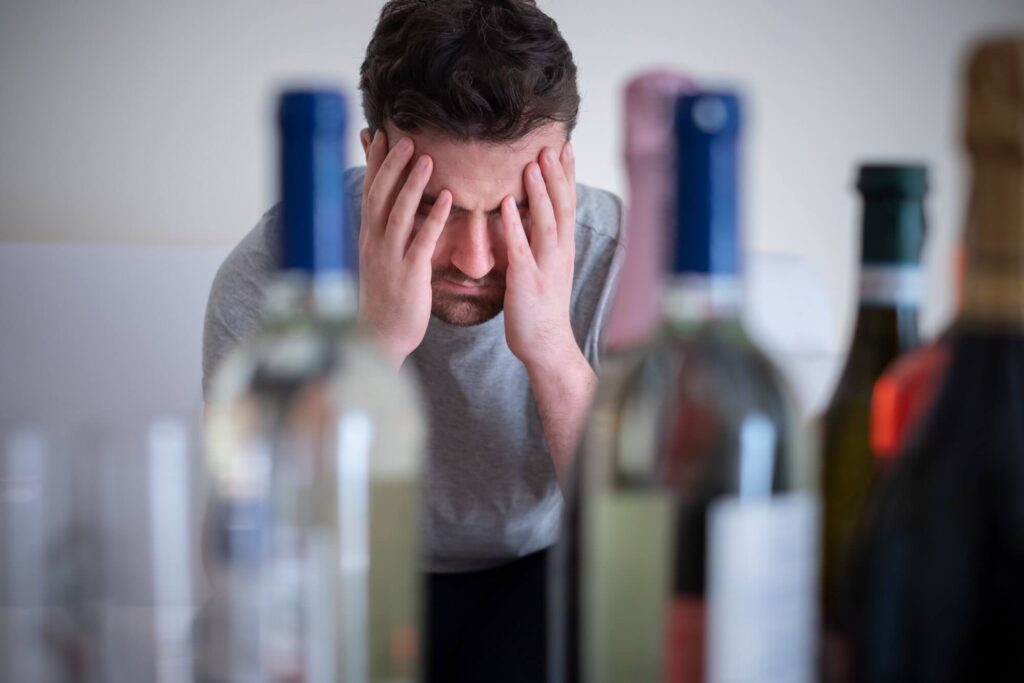
Various Modes of Treatment of Alcohol Withdrawal Symptoms
Alcohol withdrawal symptoms can change abruptly and brutally; within hours, you could go from mild side effects to quite severe ones. Several alcohol treatment programs concentrate on assisting people in overcoming drinking issues, no matter how little or severe they may be. Anyone battling alcohol addiction can benefit greatly from specialized rehab centers. For instance, treatment specialists will be able to ease some of the most agonizing withdrawal symptoms and offer round-the-clock assistance during the recovery phase.
Due to the fact that there is no “one-size-fits-all” method for treating alcohol misuse, rehabilitation programs typically include:
Therapy in Hospitals
Those battling alcohol addiction can find a safe remedy in a supervised atmosphere. A perfect example is in-patient recovery centers. This is the most intensive type of treatment, requiring 24-hour care, and often involves 30, 60, or 90-day regimens. It is suited for people with severe alcoholism because they most likely to experience severe alcohol withdrawal symptoms. If not dealt with properly, it could lead to seriously debilitating conditions. Hence, the need for intensive medical supervision is necessary.
No-Inpatient Care
Patients can manage their everyday obligations while recovering with outpatient rehab. As people will be among drinking cues and other influences, this approach is perfect for people with less severe alcohol abuse case as the risk of alcohol withdrawal is not that high. A thorough assessment is done to ensure that the patient qualifies for no-inpatient care.
Medically Supported Treatment
Medication-assisted therapy is a common feature of treatment regimens to help ease unpleasant withdrawal symptoms. Alcohol withdrawal can be treated with specific prescription drugs, freeing patients to concentrate on other parts of rehabilitation.
Individual Guidance
Counselors in alcohol treatment offer support throughout the duration of alcohol withdrawal. Also, counselors examine any potential underlying causes of alcoholism and offer patients advice on how to handle different issues.
Support Teams
Long after rehabilitation, recovery continues. Support organizations like Al-Anon and Alcoholics Anonymous provide a forum for persons in alcohol recovery to talk about their treatment goals and obstacles. You’ll have motivation to keep up your sobriety because of this.
